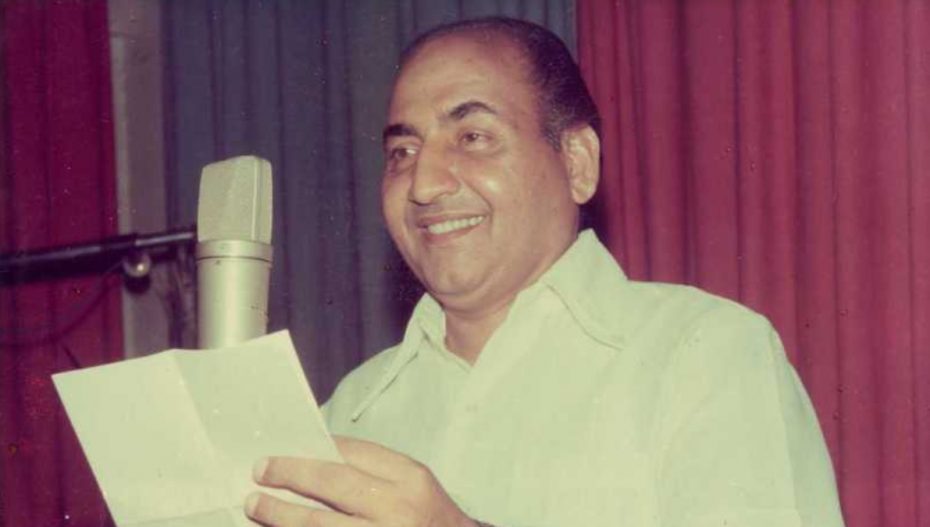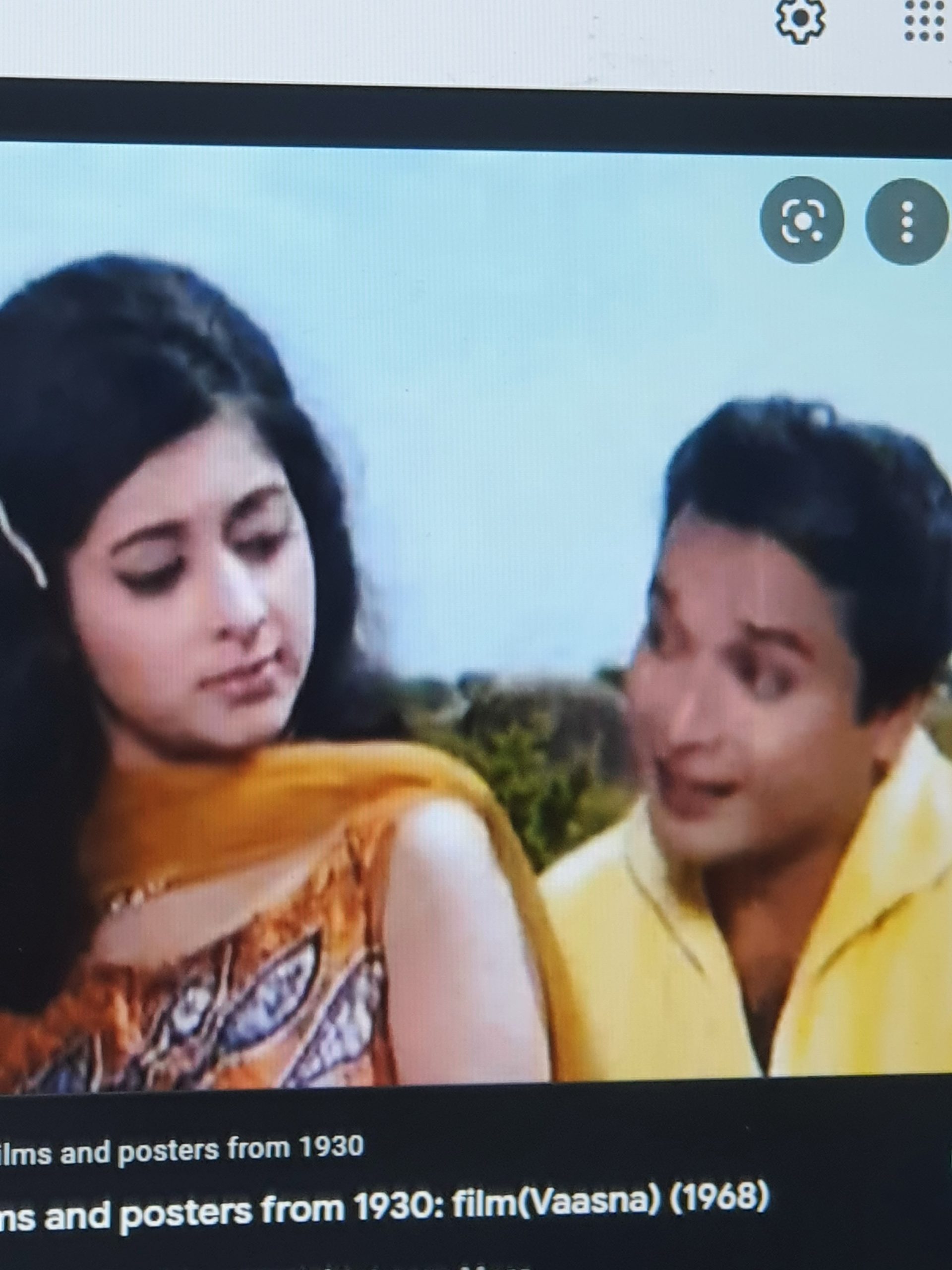“Yeh parbaton ke daayare, yeh shaam ka dhuan, aise mein kyon na chhed dein dilon ka dastaan…” This song from the 1968 film Vaasna, composed by Chitragupt, tops Biswajit Chatterjee’s list of Mohammed Rafi favourites, followed by the frothy April Fool title track, “April fool banaya, toh unko gussa aaya…” Guide’s evergreen “Tere mere sapne ab ek rang hai…” and the musical milestone from Baiju Bawra, “O duniya ke rakhwale…” also resonate as he salutes the singer on his 41st death anniversary.
The veteran actor remembers asking Manna Dey who he considered No. 1 amongst his contemporaries and he had singled out Mohd. Rafi, pointing out that while as a classical singer he might score higher, when it came to Hindi film playback only Rafi could magically adapt his voice to become the voice of different actors. “Rafi pehla number ka ghoda hai (Rafi is the No. 1 racehorse), what we can’t do, he can. He will always beat us,” Manna Dey’s words still echo in Biswajit’s ears.
He agrees, pointing out that if you listen to “Chahaiye koi mujhe Junglee kahe” with your eyes closed, you will only see Shammi Kapoor, but when it’s “Teri pyaari pyaari surat ko kissi ki nazar na lage chashme budoor” it’s Rajendra Kumar who pops up. “When he croons “Din dhal jaye…”, you just know that it’s Dev Anand on screen and when it is “Aa gale lag jaa”, it has to be Biswajit,” he smiles, adding that his voice seemed made for Dilip Kumar in “Udde jab jab zulfen teri” but when you hear “Sar jo tera chakraye” or “Hum kale hain to kya hua dilwale hain” it can only be Johnny Walker and Mehmood.
“All the actors of my generation have benefitted from Rafi sahab’s voice,” points out Biswajit, reminding you that the genius of the man lay in the fact that he not only gave Hindi film playback, he sang Sufi and even English songs. Over half a century has passed since the release of Mere Sanam, but the actor admits that even today, people sing “Pukarta chala hoon main” when they spot him on the road and there is always a request for “O my love” from Night in London at his concerts.
“Rafi sahab was not just a great singer, he was also a fabulous actor. When he lent his voice for you, you only had to lip-sync because he had done all the acting for you,” asserts Biswajit, who attended many of Mohd. Rafi concerts introduced him at one in Maddock Square in his hometown, Kolkata, and has even performed at a fund-raising the event at London’s Wembley Stadium was organized by his son for the Rafi foundation. “And it was a proud moment for me when I was presented with the Mohd. Rafi Award in the presence of his daughter, the late SP Balasubrahmanyan and Sonu Niigam. We are all his bhakts,” the actor says emotionally.
When Biswajit produced Kahtey Hain Mujhko Raja in 1975, he had Mohd. Rafi sing “Maine kab chaha ki dulha banoonga” under RD Burman’s baton. He recalls going for the recording and listening to Asha Bhosle and Mohd. Rafi sing the duet with a live orchestra playing. “When we later praised him to the skies, saying ‘Rafi sahab, aap to chha gaye’, he simply raised his hand upwards indicating that it was Allah’s will,” he recollects.
Quiz him on the man himself and he says Mohd. Rafi was as simple as a child, always smiling and so soft-spoken that you had to lean down to hear him.” I’ve never heard him say a single word against anyone. Everyone loved him and wanted him to sing for them, even small producers who couldn’t afford to pay him his market price. He never turned anyone away, showing up for recordings without any fuss and putting whatever they could give him into his pocket without even bothering to count the notes. People called him a masiha (messiah) whom God had sent on earth to fill our lives with music,” he asserts.
Mohd. Rafi’s didn’t smoke, drink or chew paan masala. But he loved to eat. “Biryani, kebabs, rich Mughlai dishes, he binged on them with relish. He ate like a king and perhaps it was this indulgence that took him away at 55,” sighs Biswajit.
His other regret is that Mohd. Rafi got only a Padma Shri for his contribution to music and cinema. “He deserved far more. He deserved the Bharat Ratna,” he asserts.
















